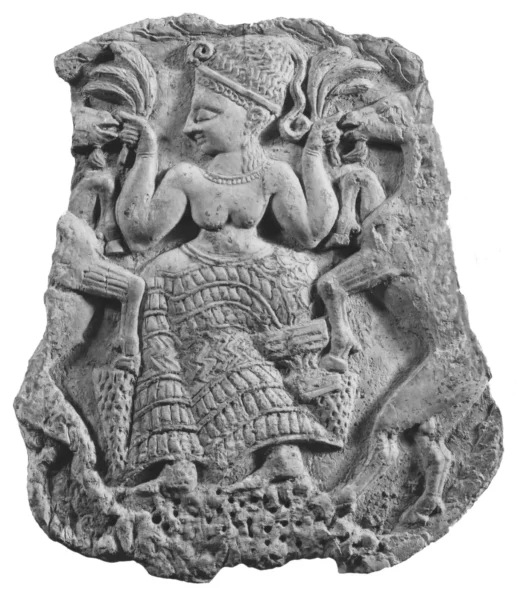Names of God
A number of traditions have lists of many names of God, many of which enumerate the various qualities of a Supreme Being. The English word “God” (and its equivalent in other languages) is used by multiple religions as a noun or name to refer to different deities, or specifically to the Supreme Being, as denoted in English by the capitalized and uncapitalized terms “god” and “God“. Ancient cognate equivalents for the biblical Hebrew Elohim, one of the most common names of God in the Bible, include proto-Semitic El, biblical Aramaic Elah, and Arabic ‘ilah. The personal or proper name for God in many of these languages may either be distinguished from such attributes, or homonymic. For example, in Judaism the tetragrammaton is sometimes related to the ancient Hebrew ehyeh (“I will be”). In the Hebrew Bible (Exodus 3:15), the personal name of God is revealed directly to Moses, namely: “Yahweh“. Correlation between various theories and interpretation of the name of “the one God”, used to signify a monotheistic or ultimate Supreme Being from which all other divine attributes derive, has been a subject of ecumenical discourse between Eastern and Western scholars for over two centuries. In Christian theology the word must be a personal and a proper name of God; hence it cannot be dismissed as mere metaphor. On the other hand, the names of God in a different tradition are sometimes referred to by symbols. The question whether divine names used by different religions are equivalent has been raised and analyzed.




















